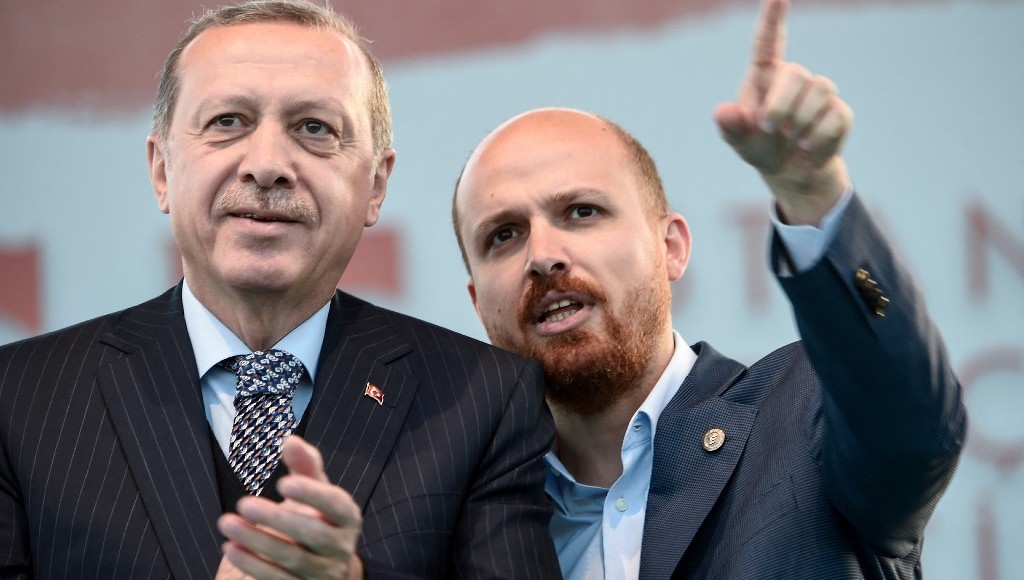Turkey’s Constitutional Court ruled on Tuesday that more than 500 instances of court orders for content removal or access restrictions, including news articles citing a special report by Reuters in June about an international investigation involving Bilal Erdoğan, the son of President Recep Tayyip Erdoğan, were unconstitutional.
The court came to its decision after reviewing applications related to access blocking and content removal under Article 9 of Law No. 5651, which is often criticized for its broad and ambiguous language and has been a tool for the government to suppress internet journalism by citing personal rights violations. The top court annulled the article in a January ruling, but the decision won’t take effect until October.
The applications include 118 made by the Diken news website and the Freedom of Expression Association (İFÖD), which pointed to the law’s violation of freedom of expression and the press in a petition filed May 10, 2018.
In one of the cases involving the Journo news website, a court ordered the removal of content for an article that compiled access bans, including the corruption allegations against Bilal Erdoğan published by Reuters. The Constitutional Court ruled that the lower court’s decision was a violation of freedom of expression.
As a result, the Ministry of Finance was ordered to pay Journo 18,000 Turkish lira in non-pecuniary damages and to reimburse the application fee.
In its special report in June, which drew an angry reaction from the Turkish government, Reuters reported that anti-corruption authorities in the United States and Sweden were reviewing a complaint alleging the Swedish affiliate of a US company pledged to pay tens of millions of dollars in kickbacks if Bilal Erdoğan, the son of President Erdoğan, helped it secure a dominant market position in the country.
Although ultimately no kickbacks were paid and the company abandoned the project late last year, the complaint provides “rare insight” into how an investor regarded Bilal Erdoğan as a key person to gain access to President Erdoğan, according to Reuters.
In a landmark decision on October 27, 2021, the Constitutional Court issued a pilot ruling in which it found violations due to a structural problem in the legal framework and ordered that the case be submitted to the Turkish Parliament for resolution. This pilot judgment was referred to in the court’s recent decision to highlight the systemic problem.
The top court’s decision was met with mixed reactions. While some applauded the court for its stance against censorship, law professor Yaman Akdeniz from Bilgi University criticized the delay in implementing the pilot ruling and the postponement of the application of its decision to annul Article 9 in January until October 10, 2024. This means that the courts will continue to issue decisions that interfere with freedom of expression, especially in the run-up to the local elections in March.
Turkey, where internet freedom has steadily declined over the past decade, ranks among the “not free” countries concerning online freedoms, according to a report released by the US-based nonprofit Freedom House in October.

